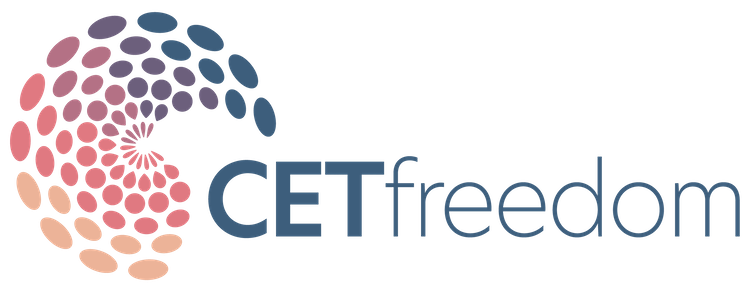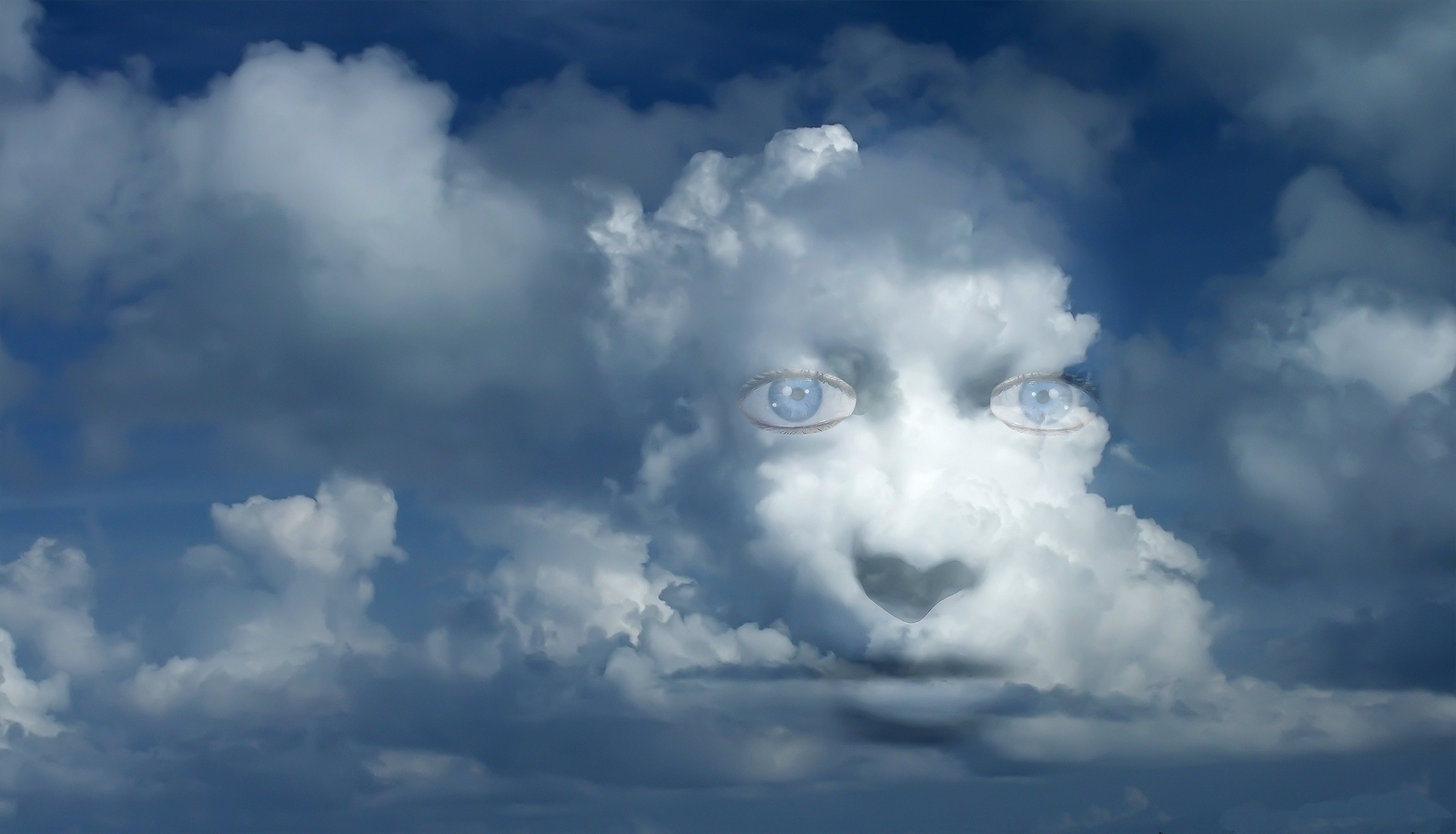I remember the very day that I first learnt about the idea that we are the creators of our universe. I was stunned. Sometimes called the law of attraction, and often merged with perception is projection, this idea suggests that I am the creator of everything in my experience. That everything I perceive as “out-there” observed by me, is actually a projection of my consciousness.
Do you mean I am the creator of everything? I’m the cause of every effect I experience?
I loved it and hated it in equal measure.
I loved how empowering it was.
I hated that now everything seemed to be MY fault!
In case you’ve never heard of this idea, essentially, it’s this.
Everything you experience in your reality is created BY you. That everything is a projection of your unconscious mind, which you then perceive consciously.
It’s similar to Carl Jung’s theory “Perception Is Projection”, which says that everything we observe in another is within us.
Now – these teachings are complex, nuanced and go deep. To unpack fully how they are INTENDED to be used would take more than a single article. They are a lifetime of exploration.
My aim here isn’t to explain how great these theories are. But to bring to light how they can be misused.
I see them being used in ways that are disempowering at best, and abusive and manipulative at worst. The new age community have latched on to these concepts and I’ve witnessed and experienced first-hand how they are used to blame, disempower and abuse and, frankly, BULLY people!
Here are 7 ways New Agers use the law of attraction to abuse:
1. Applying it dogmatically or forgetting it’s only a theory
This idea, like all spiritual concepts, is more like a theory, or a model.
We don’t KNOW for sure that this is a fact.
All we know is that it’s ONE of many theories about how the world and our consciousness works.
Sure, there’s a fair bit of scientific evidence from fields such as quantum theory, neuroscience and consciousness research, but it’s still a theory.
We can’t consider it an absolute fact that is to be applied in every situation. To do this would be dogmatic.
2. Used without empathy, compassion or sensitivity
Imagine you’re having a bad day. Someone treated you badly or you’re finding something a struggle or challenge. When you share this experience with another, maybe to vent, maybe to get some support or even advice. But what they come back with is this:
“Look inside yourself and see how you created this”.
OK now, this MIGHT be true, but it is not helpful right now.
Not only will people resist or argue with the idea, it simply lacks any empathy or compassion.
If you’re having a bad day, you probably want some sensitivity, understanding, empathy FIRST. When and if you’re ready to explore how you can change your situation, you might be open to hearing about the idea of Cause and Effect. Even if you already know about it and live it, you still need and deserve compassion FIRST.
Life is complex. No single experience is the result of a single action or even thought. It might be a multitude of compounding beliefs and thoughts, and this might take some exploration to find. That simple question “how did you create that” is over-simplistic and lacks any level of understanding of complex situations. It is horrifically naive and insensitive.
For you to find the root of the cause of your experience takes sensitive exploration.
If someone says this to you first. They’re probably an arsehole!
3. Used to excuse awful behaviour.
This leads me to the next point.
Let’s say someone is treating you badly and you decide to address it with them. You politely but decisively tell them that their behaviour is not acceptable. And they respond with some version of:
“Your feelings are your responsibility. I’m not responsible for how you choose to feel”.
Or the new age one:
“You’re being triggered. You need to heal that within yourself”.
This is bullying.
This is gaslighting.
If someone is doing something that you’re not OK with – you have choices. You can choose to be around them and ask them to stop it, or you can choose not to be around them.
You do have a third choice, which is to accept the behaviour, but that is NEVER, I repeat NEVER, for them to tell you to make this choice.
My dad has some great sayings and one of them is this. “Some people in this world are just arseholes. The trick is to stay away from them”.
4. They ignore physical reality and pretend it’s all about the mind.
Let’s say you’re thirsty. There’s a glass of water nearby. Do you…
A. Visualize yourself having your thirst quenched magically, and you don’t need to reach out and pick up the glass of water.
B. Say affirmations and power statements to try to persuade the water to levitate and pour itself into your mouth.
C. Reach out and pick up the glass of water and drink it.
If you’re a normal, rational, grounded person, you will likely opt for C. Now with this example, it’s pretty obvious, but how many new age healers do you know who never do any sales or marketing and opt for some version of A and b to attract clients? Yes, those can and DO help. BUT you still need to do the work. Doing both is what makes powerful people so very powerful. They combine their mindset and beliefs with powerful actions.
But you can celebrate this because those who are so deep down the rabbit hole of the first two options will never pose any real threat to their unfortunate clients or pose any real competition for you who DOES do the work.
5. Used to victim blame.
When someone is treated badly, attacked, abused or bullied, they do not deserve it. They did not ask for it. They are not to blame for it.
The abuser or attacker is responsible. The victim is only responsible for healing, recovering and learning how to avoid and prevent it from happening again.
6. Used to blame people for being sick.
People get cancer, covid, cataracts and any number of diseases and disorders. It’s not their fault.
All illnesses have a range of causes and, yes, there is some evidence that mindset plays a big role in health. But so do external physical situations. We could go into a detailed exploration of germ theory and terrain theory. But that’s beyond the scope of this already long email. For now, we’ll suggest that there is an interplay of both internal and external factors. Both germs cause disease and people can be exposed to those agents and stay healthy. So, most likely there is an interplay of BOTH, not only one or the other.
7. Not applied to self.
Finally, and probably the most important, is that true healers use this, in the extreme. When someone tells them about a problem, rather than telling that person THEY created it, they choose to apply Cause and Effect to themselves. For example, if a client comes to me with a problem, I recognise that it’s ME that has created THEM with the problem. So rather than asking them “how did you create that?” I ask myself “how did I create this person with this problem?”
Then I take some time to explore that within me.
I might also work with the client to help them find how they created their situation, but only with deep compassion, empathy and sensitivity, only if they are open to it, and only, ONLY when I am also going inside and exploring within myself too.
The idea of being the creators of our experiences is only ever intended to empower. But like all powerful ideas, it can be used to abuse if not wielded appropriately.
If you see anyone doing any of the above, apply the philosophy of my dad and remember that some people are just arseholes.
You could also throw a glass of water over them and ask them how they created that. (please note – this is not to be taken as literal advice. If you do choose to fling water, we will not be liable for any consequences as a result of your actions).
I’d love to know about your experiences. How have you seen this idea used for abuse rather than growth?
With love,
Dr Lisa Turner








